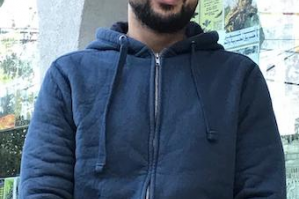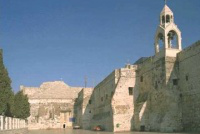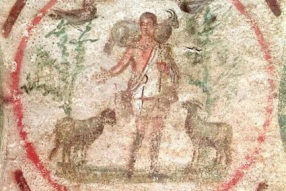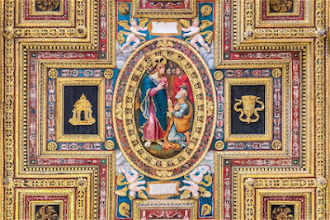Holy Land: Call for protection & boycott after another child is killed by Israeli army
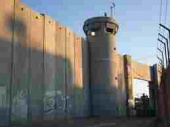
Toine van Teeffelen, Head of Education at the AEI-Open Windows Centre in Bethlehem, writes:
A large demonstration passes our house. The flags show that all Palestinian factions participate. Shops are closed, there is a general strike in Bethlehem. My colleagues are at home too, and my son Tamer got a leave from school. We hear the Israeli army shooting.
Yesterday a 13-year old boy from Aida refugee camp in northern Bethlehem was killed by the Israeli army. Possibly by fire from an Israeli military watchtower built in the Wall. After the Palestinian attacks in Jerusalem and Nablous, hundreds of Palestinian youth have been injured during demonstrations, with yesterday two deaths. How many more today? The closure of Al-Aqsa Mosque, even the old city of Jerusalem, for many Palestinians only increases anger.
These developments do not come out of a vacuum. We find ourselves in the West Bank and East-Jerusalem in a new stage, the post-Oslo stage. Israel has skillfully destroyed the peace process by managing the ongoing conflict and building settlements and infrastructure. At the same time it pointed to Iran and the situation in the Arab world to keep attention away from its backyard.
Palestinian president Mahmoud Abbas has much invested in the Oslo Agreements. He has also done much to prevent violence and militarization - even at the risk of becoming perceived as a collaborator - by engaging into a long term cooperation with the Israeli army. But with the vanishing perspective of a Palestinian state and the continuous expansion of settlements he stands with empty hands towards his own people. The international community is mainly interested in managing the conflict, and it apparently does not intervene as long as there is no violence.
Because during the last years the important political actors did not work on an alternative for Oslo, there is now a huge gap between 'politics' and what happens on the ground. People here are facing an extremely uncertain future. Nobody has any grip on what happens against the background of a general feeling of pessimism and despair.
It is not surprising that since a few months there is more support for armed resistance. In a recent survey of the Palestinian Center for Policy and Survey Research 42% of the Palestinian interviewees saw violent resistance as the only way to establish a state besides Israel. At the same time, the idea itself of a Palestinian state is less endorsed by Palestinians as a political solution.
The man in the street is certainly not at ease with what would happen in case of an escalation on the ground. What would happen when the Palestinian Authority, the supposed predecessor of a Palestinian state, would abrogate itself - a most logical step after Oslo. What would happen with the weapons of the Palestinian police? The income of health workers and teachers? Would it not lead to chaos, as happened in the course of the second Intifada? Certainly among civilians Abbas touches a raw nerve with his concern about the risks of militarization. Settlers are usually armed and have acquired more influence in the Israeli army, parliament and bureaucracy.
But when the perspective is guided by despair and political paralysis reigns, things can go fast. Provocations around the Al-Aqsa Mosque, where Israeli ultranationalists want to disrupt the religious status quo, will no doubt contribute to escalation.
A vicious circle of violence will entail many civilian casualties - in the first place on the Palestinian side. There is therefore need for an alternative peace process, different from what has taken place until now. A concrete, timebound political perspective is needed that is directed at an end of occupation, if necessary replaced by a protective international force. This perspective will come into being only when focused political and economic pressure is put on Israel. Civilians can make a contribution by boycotting the - many - Israeli products that are related to the preservation and deepening of occupation. It is too late for managing the conflict, or standing on the sidelines.
For more information see: www.aeicenter.org



